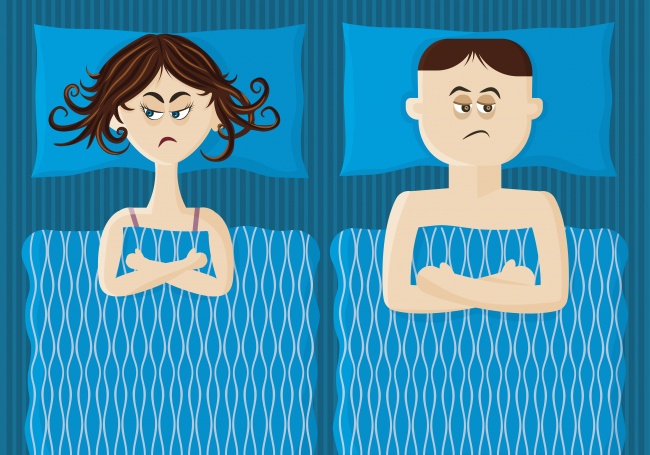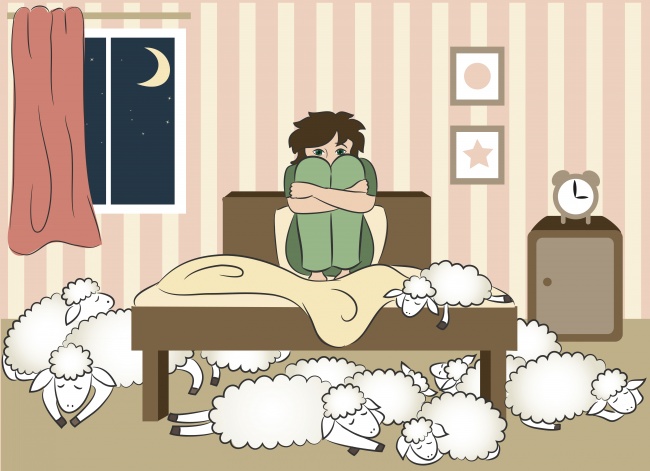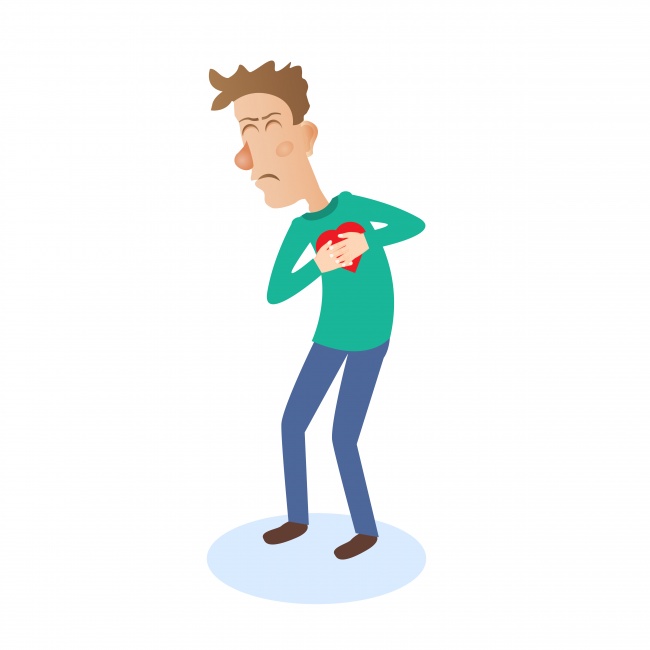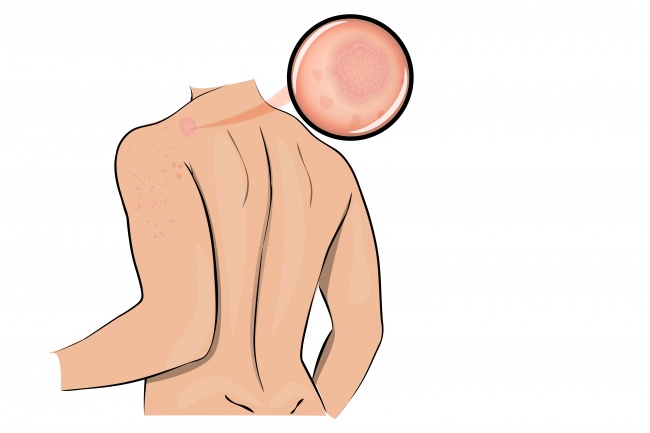Getting ill in bad weather is not a big problem.
But if you constantly feel under the weather, it means something is not right. Doctors believe the health problems which keep dragging with you continuously are caused by excessive stress.
Though stress isn’t difficult to notice, we’ve put together some important symptoms that can make it easier for you to know if you’re in stress.
1. Difficulty in focusing
People who are under stress find it hard to focus on their tasks due to nervous tension. So if you are having a hard time trying to focus on work, consider taking a break from it.
2. Loss of hair
Stress can cause you to lose your hair, resulting in partial or complete baldness. So, instead of consuming different vitamins, just reduce your workload and make your life a little stress-free.
3. Headaches
Headaches can happen due to several reasons such as sinusitis, osteochondrosis, pregnancy, low or high blood pressure, and wrong sleeping position. But, most importantly, it is also caused by stress. If that’s the case with you, taking painkillers won’t help unless you come up with a way to relax.
4. Low libido
An emotionally stressed person usually avoids to get engage in sexual activity, scientists have found. So, if your partner is going through such a situation, don’t be mad at them.
5. Sleep problems
It’s probably the most apparent symptom of stress. If ignored, the condition can get worse to a point when even the pills won’t work. Heavy stress can also lead to insomnia.
6. Cardiovascular disorders
Stress has disastrous effects on our heart and is a leading cause of cardiovascular disorders in people, scientists have found. Moreover, the other effects of stress such as nervous strain further aggravate the problem and can even lead to a heart stroke.
7. Skin diseases
A recent research found a direct relation between skin problems and high levels of psychological stress among college students. Similar observations were made for mice in a study which concluded that prolonged stress causes skin infections in organisms.
8. Changes in weight
High levels of stress can cause either a significant increase or a drastic reduction in your body weight, depending on other mediating factors. A high level of adrenaline in your bloodstream can speed up your metabolism, leading to a reduction in weight.
On the other hand, an increased production of cortisol (due to psychological stress) increases blood sugar level and decreases the production of testosterone. Consequently, your metabolism burns fewer calories and you start gaining weight.
9. Frequent colds
As mentioned above, stress can increase the production of cortisol in your body. Cortisol suppresses inflammation and its increased level hampers the functioning of your immune system. As a result, you’re more likely to get a cold.
10. Gastrointestinal disorders
Various studies have found that stress has negative effects on our gastrointestinal tract. In such a case, medicines for stomachache and abdominal distension don’t help.
The most effective way to deal with this problem is to consult a psychologist and seek help for reducing anxiety in your life.












